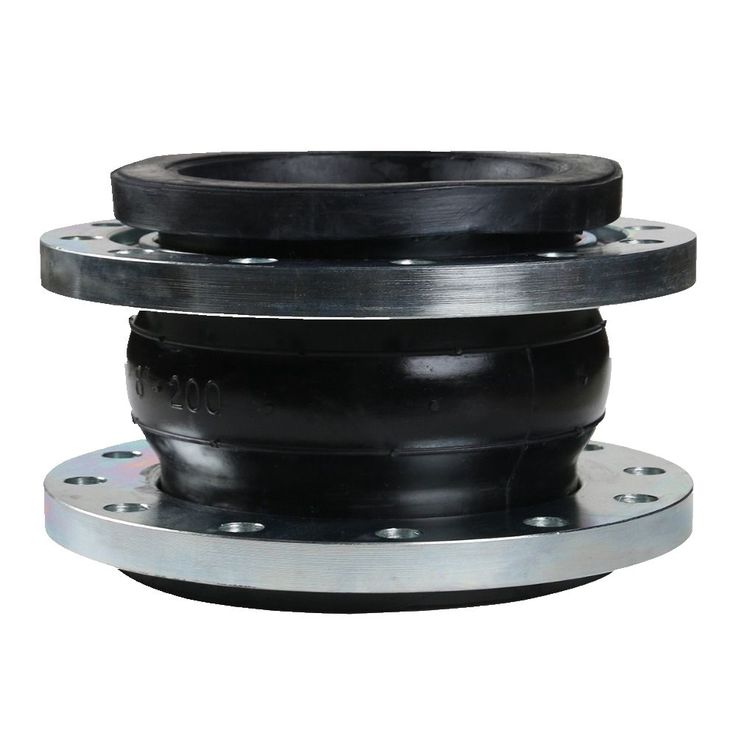water control valve
Water Control Valves Essential Components in Fluid Management
Water control valves are pivotal devices in a wide range of applications, from domestic plumbing systems to large-scale industrial processes. These valves play a critical role in managing the flow and pressure of water, ensuring that systems function efficiently and safely. With the increasing demand for water and the necessity for effective resource management, understanding water control valves is more important than ever.
What are Water Control Valves?
Water control valves are mechanical devices designed to regulate the flow of water in a system. They function by opening, closing, or partially obstructing various passageways to control the water's direction and pressure. These valves can be operated manually or automatically and come in various types, including gate valves, globe valves, ball valves, and butterfly valves. The choice of valve depends on the specific application, flow conditions, and other environmental factors.
Types of Water Control Valves
1. Gate Valves These are primarily used for on/off control. They provide minimal resistance to flow when fully opened and are ideal for applications requiring a straight-line flow. However, they are not suitable for throttling purposes as they can cause turbulence.
2. Globe Valves Known for their ability to regulate flow, globe valves are often used in applications requiring precise control over flow rates. Their design allows for throttling, making them suitable for controlling water flow in various settings.
3. Ball Valves Characterized by a spherical disc that controls flow, ball valves are known for their durability and ease of operation. They can quickly open or close and are excellent for applications requiring tight shutoff.
4. Butterfly Valves These valves consist of a rotating disc that regulates flow. They are lightweight, compact, and suitable for applications that require fast operation. Butterfly valves are commonly used in large pipelines and water treatment facilities.
water control valve

Applications of Water Control Valves
Water control valves are utilized in various sectors, including residential, commercial, agricultural, and industrial. In domestic plumbing, they are crucial for controlling water supply to faucets, shower heads, and irrigation systems. In agriculture, they help manage irrigation systems, ensuring the efficient use of water for crops and livestock.
Moreover, in industrial settings, water control valves regulate the water flow in cooling systems, boiler operations, and wastewater treatment processes
. Their ability to maintain appropriate pressure and flow rates is vital for safeguarding machinery and reducing operational costs.Importance of Proper Selection and Maintenance
Choosing the right water control valve for a specific application is crucial. Factors such as fluid type, temperature, pressure, and flow requirements must be considered to ensure optimal performance. Additionally, regular maintenance is essential to prolong the lifespan of these valves. This includes routine inspections for leaks, checking for wear and tear, and ensuring that the valves operate smoothly.
Failing to maintain water control valves can lead to significant problems, including water wastage, insufficient pressure, and even system failures. Therefore, establishing a maintenance schedule is vital for any facility relying on these essential components.
Conclusion
Water control valves are indispensable in managing water flow across various applications. Their diverse types and functionalities allow them to cater to specific needs, from simple residential plumbing to complex industrial processes. Understanding the importance of these valves, their applications, and the necessity for proper selection and maintenance is crucial for ensuring efficient water management. As global water scarcity continues to be a pressing issue, optimizing the use of water control valves will play a significant role in conserving resources and promoting sustainability.
-
Breakthrough in Domestic Low Temperature Valve Technology in ChinaNewsAug.18,2025
-
From Machinery to Intelligent Brain: The Digital Transformation Wave of the Valve IndustryNewsAug.18,2025
-
PCVEXPO 2025NewsAug.18,2025
-
The Key to Fluid Control: Exploring the Advantages of Ball Valves in Industrial SystemsNewsJul.09,2025
-
The Versatile World of 1, 2, and 3 Piece Ball ValvesNewsJul.09,2025
-
Stainless Steel Ball Valves: The Ideal Choice for Efficient Flow ControlNewsJul.09,2025
-
Optimizing Fluid Control with Ball Float ValvesNewsJul.09,2025




